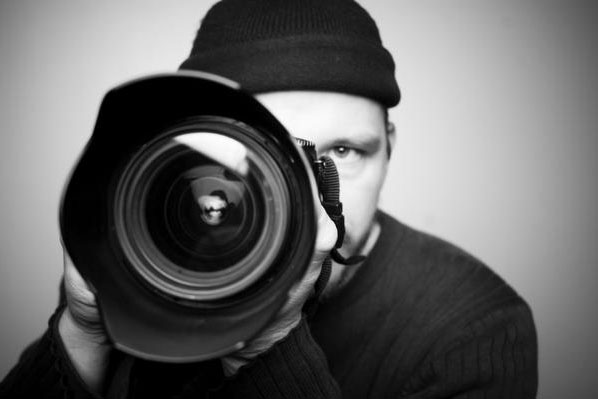
NAMIBIA University of Science and Technology (NUST) vice-chancellor Tjama Tjivikua last week urged the media to play its role in safeguarding human rights and exposing perpetrators of violence, especially during elections.
BY VENERANDA LANGA
Speaking at an African Peacebuilding Network (APN) training workshop for southern African journalists, Tjivikua said the media had an obligation to safeguard human rights through responsible reportage.
“For example, during the transition in Zimbabwe and the military’s role in respect to the changes that took place, the media had a role in safeguarding human rights through its reports,” he said.
“The media must help to end violence and promote peace-building and it must also educate the public about the consequences of hate speech, fake news and online harassment.”
APN programme director, Cyril Obi told the workshop, which discussed the role of the media as information disseminators during conflict situations in the southern African region, that it was pivotal for the media to portray Africa in a positive light.
He said it was essential for the media to play a mediatory role in conflict resolution, especially in those countries affected by civil strife, electoral violence and terrorism.
“African media practitioners have a key role in shaping peace and how it can shape transformative peace that promotes justice and prosperity,” Obi said.
- Chamisa under fire over US$120K donation
- Mavhunga puts DeMbare into Chibuku quarterfinals
- Pension funds bet on Cabora Bassa oilfields
- Councils defy govt fire tender directive
Keep Reading
Dumisani Moyo, a Zimbabwean academic and deputy dean at the University of Johannesburg’s faculty of humanities, said the media must provide platforms for diverse opinions during elections; expose corruption and become neutral players.
“The media can be forces for peace-building when writing news, but if they are in the wrong hands, the media can be used to fan conflict and violence. Various centres of power can manipulate media as weapons of hatred.
“More recently, the media has been weaponised by people with power who want to use the media for their own interests,” Moyo said, adding that journalists must not allow themselves to be manipulated by politicians.
Unesco representative to Namibia, Jean-Pierre lLboudo, said the media landscape in reporting about conflicts in Africa has changed with more use of social media and bloggers and citizen journalists posting news.
He said if due diligence was not done before these new media reports are spread, it could result in fake news.
“There is need to eliminate all forms of discrimination and intolerance of race, culture and ethnicity. The African continent still faces a lot of challenges, including the risk of instability and conflict and there is need to promote peace-building in young children at schools, as well as at family level,” lLboudo said.











